LONG BEACH, CA – February 24, 2025 – Today, the National Committee for Effective Literacy (NCEL) released Voices from the Field: The Impact of the Implementation of Science of Reading Instruction and Policy on Emergent Bilingual/English Learner Literacy Programs and Teachers. This research-based publication, written by renowned biliteracy scholars Kathy Escamilla, PhD and Kim Strong, PhD, is a landscape report on the impact of the implementation of Science of Reading policies on educators serving multilingual learners nationwide.
A 2023 Shanker Institute survey found that 40 states have adopted Science of Reading policies, yet many fail to account for how these approaches impact English learners and emergent bilinguals. One in three state policies do not mention these students at all. Voices from the Field examines how these policies are implemented across the country, including bilingual and English-only classrooms, by diverse educators.
Through interviews with nearly 80 educators who work directly with emergent bilinguals and English learners in schools implementing state and district Science of Reading policies, the study examines the challenges and opportunities for supporting multilingual learners amid these mandates. Participants shared information about their literacy programs, their approach to instruction, and what changes, if any, are made to address the needs of students who speak languages other than English.
“The educators in our study represent a diversity of roles and locations, but the one thing they all had in common is that they want what’s best for students. Unfortunately, they told us time and again that, despite the promise of the Science of Reading mandates, the way they’re being implemented doesn’t always achieve that.” – Dr. Kathy Escamilla, University of Colorado School of Education.
Teachers reported understanding the importance of foundational skills, but found the rigid mandates problematic—limiting oral language development, writing, English language development and cross-linguistic connections. Educators reported that mandated instructional literacy blocks crowd out time for reading whole books, as well as instruction in social studies and science. Many educators modify instruction to continue effective practices that have been successful for supporting English learners and emergent bilinguals. Additionally, the report found that some literacy programs lack culturally relevant content and reinforce biased perspectives.
“More than 1 in 10 students speak languages other than English. Multilingual learners succeed when systems honor home language and the abilities these students bring to the classroom every day. In an increasingly diverse world, being multilingual is an asset. Policymakers must ensure that all literacy policies are also multiliteracy policies. Voices from the Field asks critical questions about how narrowly defined literacy policies affect the ability of teachers to serve diverse students. When educators are empowered to access a variety of tools at their disposal, including aspects of the Science of Reading, they can better ensure their students have access to a full range of opportunities to enjoy reading and developing in multiple languages,” said Martha Hernandez, Executive Director, Californians Together.
The report concludes with concrete recommendations to better support multilingual learners in literacy instruction.
For more information, please visit https://multilingualliteracy.org/ or email tamara@caltog.org
About National Committee for Effective Literacy
The National Committee for Effective Literacy uplifts research, policies, and practices to ensure that emergent bilinguals leave school as proficient readers and writers in English—and preferably more languages—and who thrive and succeed in school and their communities.
The national committee was formed in response to the concerns raised by the educators, researchers, literacy and biliteracy specialists from across the nation about the narrow approach to implementing the science of reading and wanting to uplift the years of research on effective literacy instruction for English learners and emergent bilinguals.
NCEL members are researchers, teacher educators, teachers, administrators, school board members, and advocates from across the nation with deep expertise in literacy and the education of emergent bilingual and multilingual students.
###
